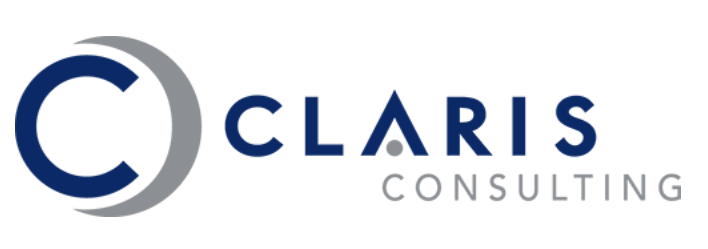Are You Chasing Money Or Is Money Chasing You?
I had an epiphany ten years ago. I realized after a business reversal that I was chasing money. For a variety of reasons, I believed financial security resulted from a singular focus on that which I needed the most and thought to be necessary. At the time, that was the simple five-letter word money.
But, I had my priorities wrong. I was putting my focus on the wrong five-letter word. The word I learned to focus on was value. I learned that when I created significant value for my customers, I didn’t have to chase money. Money would chase me.
During the coronavirus crisis, are you chasing money, or is money chasing you? Is your focus primarily on revenue, preserving your cash, keeping your doors open, and surviving? If it is, that’s completely understandable.
I want to ask you this question, though. What happens to your relationships with customers, employees, stakeholders, or business partners when your primary focus is on money and not on creating value?
When chasing money is the primary objective, creating value becomes a secondary objective. Based on my own experience, this scenario negatively impacts the quality of our important relationships.
I met someone this week who is not chasing money, but who is in the position of having money chase him. His name is Corey, and he’s a plumber.
Corey replaced a leaky faucet of ours and walked away with $280.00 for 35 minutes’ worth of work. I’m glad our faucet works, but being Scottish, I asked about his schedule and how busy he was. Corey said he works 50 hours a week and earns on average $250 an hour. That’s $625,000 before expenses.
Corey is not chasing money. Money is chasing Corey. He doesn’t spend a dime on marketing. He doesn’t need to build a website or do social media advertising. He needs to do high-quality work that is valuable to a customer, and in turn, referrals keep him busy fifty hours a week. And busy he is.
What can we learn from Corey? While not an extensive list, here are three things I learned from Corey.
1. Even during a worldwide pandemic, there are sectors of our economy doing well. Technology and plumbing are two examples.
2. Getting referrals remains the best way to grow a business. I’m happy that 87% of our business comes from referrals and or repeat customers.
3. Provide high-value and money will chase you. Even when revenue is down, and you are uncertain as to the long-term future of your business or organization, a ruthless focus on creating value for your ideal customer is the primary catalyst for a prosperous future.
Think of your business in five areas—strategy, execution, talent, mindset, and leadership. Ask yourself the following five questions. Choose one question that is most directly linked to the current state of affairs in your business and brainstorm one action to improve your effectiveness in that area.
1. Strategy: Do you have a defined market that has the long-term potential to grow at 5-7% per year and where your value is distinctively attractive to the market’s top customers? If not, how will you differentiate yourself in the marketplace?
2. Execution: Have you innovated a new product or service in the last 90-180 days that delights your customer? Have your competitors? What does that mean for your business?
3. Talent: Have your employees willingly raised the bar on their performance without being prompted by management? Have you raised the bar on your performance? If not, is it a surprise an employee hasn’t?
4. Mindset: Are your employees playing to win versus playing not to lose? Are you?
5. Leadership: Amidst the current crisis, are you role-modeling passion, innovation, and growth? Do your customers see employees as passionate, innovative thinkers, and focused on growth? What are the implications for your answers?
I want to help you rise above the current demands of your day and to believe in and work toward living and working abundantly even during times of crisis. If you would like a copy of my Strategic Quarterly Review Questionnaire or to schedule 30 minutes to work through these questions, drop me a note at hugh@clarisconsulting.net, and we’ll schedule a call.
